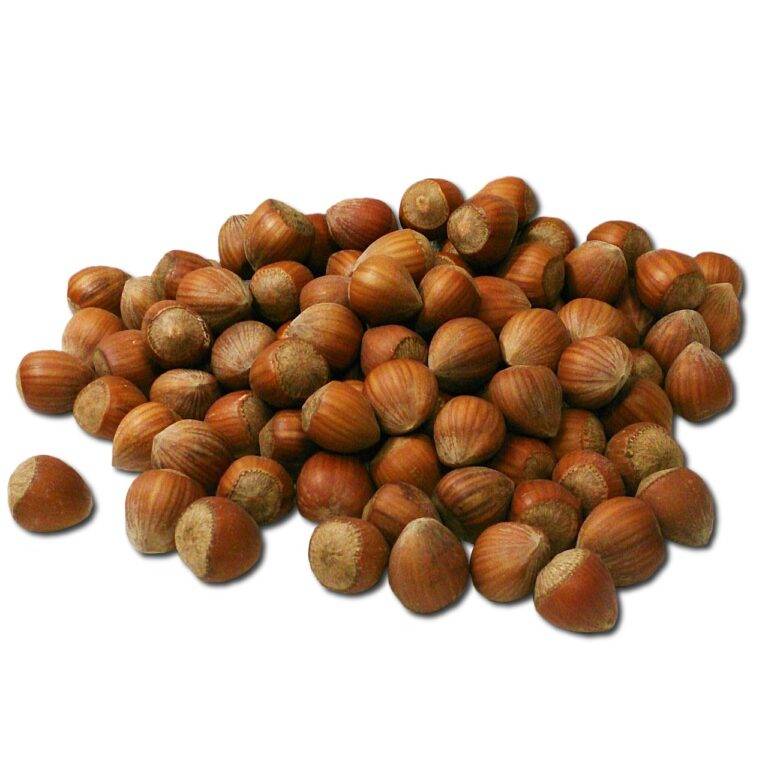Examining Food Waste: From Farm to Fork
Food waste poses a significant threat to the environment, leading to a range of detrimental effects. When food is wasted, it not only wastes the resources used for its production, such as water, land, and energy, but it also contributes to greenhouse gas emissions. As food waste decomposes in landfills, it releases methane gas, a potent greenhouse gas that is a major contributor to global warming. This, in turn, accelerates climate change and its associated negative impacts on the planet.
Moreover, food waste depletes finite resources and exacerbates environmental degradation. The production of food that ultimately goes uneaten has a domino effect on the environment, including deforestation, biodiversity loss, and soil degradation. In addition to the environmental implications, food waste also represents a social and ethical issue as it highlights the inefficiencies in our food systems and distribution networks. Efforts to reduce food waste not only benefit the environment but also have the potential to address food insecurity and improve sustainability in the long term.
The Role of Food Production in Contributing to Food Waste
Food production plays a significant role in the generation of food waste. One key factor is the strict cosmetic standards imposed on fruits and vegetables by retailers. Anything that doesn’t meet these standards is often discarded, even though it is perfectly safe and nutritious for consumption. This leads to a substantial amount of perfectly good food being wasted simply due to its appearance.
Additionally, inefficiencies in the supply chain contribute to food waste during production. Produce may spoil or become damaged during transportation and storage, leading to it being unsuitable for sale. This highlights the need for improved logistics and storage practices within the food production industry to minimize unnecessary waste and ensure that more food reaches consumers without being lost along the way.
How does food waste impact the environment?
Food waste contributes to greenhouse gas emissions and climate change as it decomposes in landfills, releasing methane gas. It also wastes resources such as water, energy, and land used in food production.
What role does food production play in contributing to food waste?
Food production contributes to food waste through inefficiencies in harvesting, processing, packaging, and distribution. Additionally, cosmetic standards for fruits and vegetables lead to the rejection of perfectly edible produce.
How can consumers help reduce food waste at the production level?
Consumers can support sustainable food production practices by buying imperfect produce, supporting local farmers, and reducing food waste through proper meal planning and storage.
What are some initiatives to address food waste at the production level?
Initiatives such as food recovery programs, donation programs for surplus food, and partnerships between farms and food banks help redirect excess food from production to those in need.
How can policymakers and industry leaders address food waste in food production?
Policymakers can implement regulations to reduce food waste, such as incentives for food donation and composting programs. Industry leaders can invest in technology to improve supply chain efficiency and reduce food losses during production.





